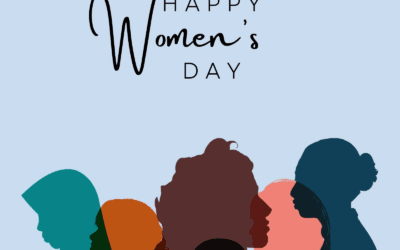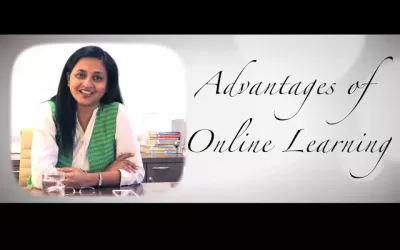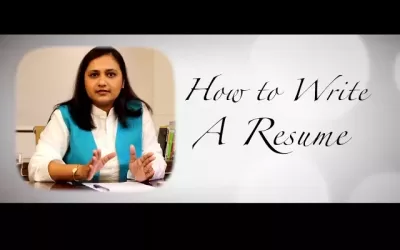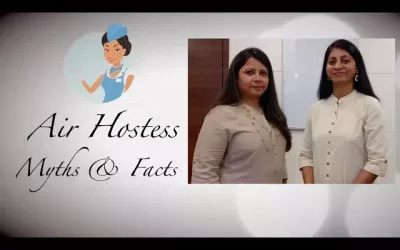From Dreams to Reality: Pursuing a Career as a Wedding Planner

Ms. Mugdha Shetye talks about taking up a career as a Wedding planner. In today’s fast-paced world people are so busy that they probably do not have time to take up the stress of planning their wedding. That’s where the role of a Wedding planner comes in. A Wedding Planner assists couples in planning their wedding as per requirement.
There are no set qualifications to become a wedding planner, although an education in hospitality, business, or public relations can be helpful. A Wedding planner or Bridal consultant must have excellent organization, communication & negotiation skills, attention to detail, ability to lead, manage, and get on well with different kinds of people, etc.
A wedding planner assists with the design, planning, and management of a client’s wedding. The services include budget preparation, booking venues, the hiring of wedding professionals, and service providers including caterers, photographers, beauticians, florists, musicians, etc. Wedding Planners can get employment in hotels, resorts, event management companies, wedding planner firms, and many more. At the entry level, one can work under wedding or event planners and then start their own enterprise.
Frequently Asked Questions For a Career as a Wedding Planner:
1. What does a wedding planner do?
A wedding planner is responsible for coordinating and organizing all aspects of a wedding, including venue selection, vendor management, budgeting, timeline creation, and ensuring that the couple’s vision for their special day is realized.
2. How can I become a wedding planner?
While formal education is not always required, it can be beneficial to take courses or obtain certification in event planning or wedding coordination. Many aspiring wedding planners gain experience through internships or entry-level positions in the industry.
3. What skills are essential for a successful career as a wedding planner?
Key skills include excellent communication, organization, negotiation, attention to detail, creativity, time management, and the ability to handle high-pressure situations with grace.
4. Is certification necessary to become a wedding planner?
Certification is not always required, but it can enhance your credibility and marketability as a wedding planner. Various organizations offer wedding planning certification programs.
5. How do wedding planners find clients?
Wedding planners often find clients through word-of-mouth referrals, social media marketing, online advertising, networking with wedding vendors, and creating a professional website and portfolio.
6. What is the earning potential for wedding planners?
Earning potential varies by location and experience. Wedding planners typically charge a fee or a percentage of the wedding budget for their services, which can range from hundreds to thousands of dollars per wedding.
7. How do wedding planners handle emergencies or unforeseen issues on the wedding day?
Wedding planners are skilled at problem-solving and often have contingency plans in place. They work behind the scenes to resolve issues discreetly and ensure the event runs smoothly.
8. Are there different types of wedding planning careers?
Yes, some wedding planners specialize in specific types of weddings, such as destination weddings, cultural weddings, or elopements, while others offer full-service planning or day-of coordination.
9. What are the biggest challenges wedding planners face in their profession?
Challenges can include managing client expectations, balancing multiple weddings, working irregular hours, and staying updated with wedding trends and vendor options.
10. How can wedding planners stay current in the industry?
Staying current involves attending industry conferences, joining professional associations, following wedding blogs and publications, and networking with other wedding professionals.
11. Is it possible to run a wedding planning business part-time?
Yes, some wedding planners start part-time and gradually transition into full-time careers as their client base grows. This allows for flexibility while building experience.
12. What resources are available for individuals interested in a career as a wedding planner?
Resources include wedding planning courses, industry associations like the Association of Bridal Consultants (ABC), wedding planning books, and mentorship programs that offer guidance and support for aspiring wedding planners.
These FAQs provide valuable information for individuals considering a career as a wedding planner, offering insights into the profession, education, skills, and opportunities within the wedding and event planning industry.






